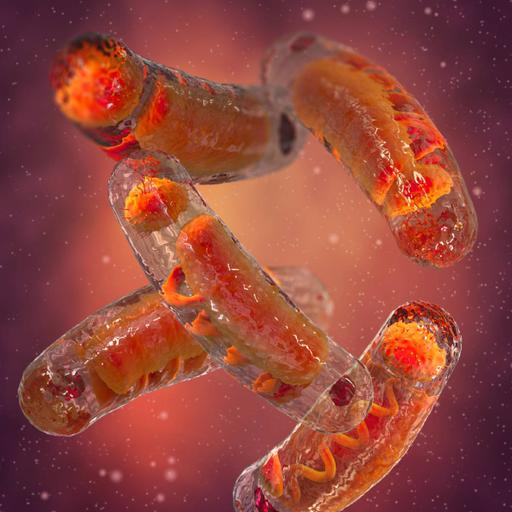Plasmid
Presentations | English
A plasmid is a small, circular, double-stranded DNA molecule that is distinct from a cell's chromosomal DNA. Plasmids naturally exist in bacterial cells, and they also occur in some eukaryotes. Often, the genes carried in plasmids provide bacteria with genetic advantages, such as antibiotic resistance. Plasmids are important for bacterial evolution and adaptation to the changing environment, as they carry genes which carry beneficial traits for the bacterial cell. Different types of plasmids can coexist in one bacterial cell.There are five main types of plasmids,they are: fertility F-plasmids, resistance plasmids, virulence plasmids, degradative plasmids, and Col plasmids. Please find the presentation for more engaging details.

Free
PPTX (48 Slides)
Plasmid
Presentations | English
